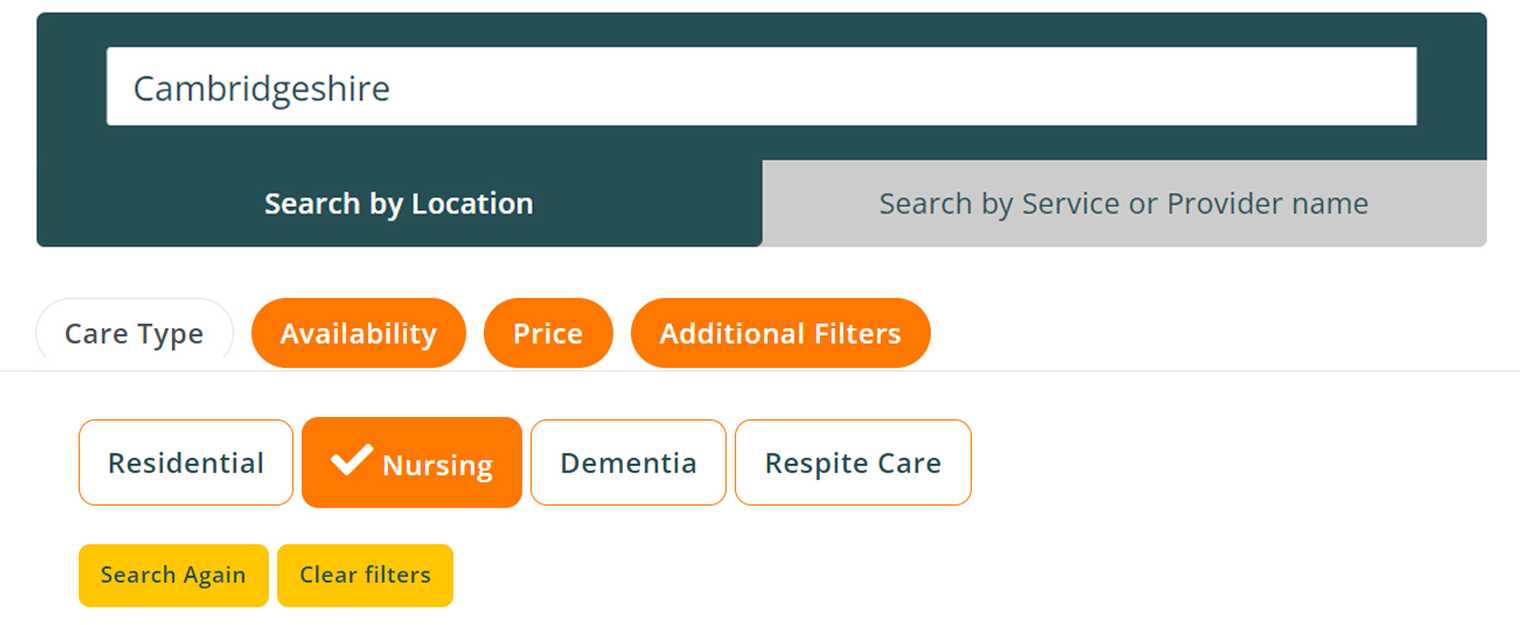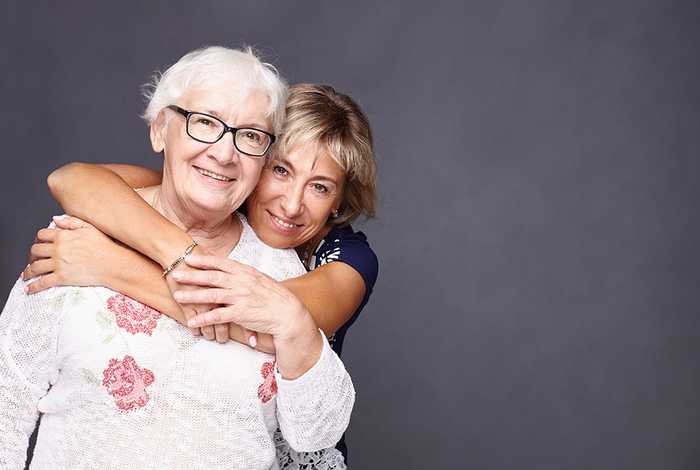Posted by Hannah Rowe
Health Care Assistant - Demystifying Care Terminology
Continuing our series taking the mystery out of social care terminology, in this blog we look at the role of the Health Care Assistant or HCA.
If you or a loved one are being admitted to a nursing home, you may see members of staff whose name badge says that they are a ‘HCA’ or ‘Health Care Assistant’. Who are they, and what do they do?
In this blog we'll answer the following questions:
What is a Health Care Assistant?
A health care assistant (or HCA) is a member of staff who supports the nursing team in the delivery of nursing care. Working under the supervision of the registered nurses, they carry out a variety of specialist duties which can include:
- observing, monitoring and recording patients' conditions by taking their temperature, pulse, respirations and weight;
- communicating with patients and families;
- assisting with clinical duties;
- personal care (as a care assistant would).
Health care assistants work in many different settings, wherever you might find nursing staff. This means that you will find HCAs in hospitals, community settings, and nursing homes.
How is a HCA different to a care assistant?
Both types of staff play a vital role in delivering compassionate care to residents. But the two roles have significant differences.
A care assistant (sometimes known as a carer) provides support to residents with daily living tasks such as washing, dressing, eating, and mobility. A health care assistant can and may carry out some of these, but will also perform duties of a more clinical nature under the supervision of qualified nurses. The types of duties they may perform have been outlined above.
In nursing homes, you will often find both care assistants and health care assistants, whereas in a residential care home (which does not have nursing staff) you will only find care assistants.
Do health care assistants have special qualifications?
Again, it is important to note that both care assistants and health care assistants are highly qualified social care professionals. Care assistants may begin their role with no qualifications or experience, but through the course of their careers will often undertake NVQ (or equivalent) qualifications in Health and Social Care, which go from Level 1 to Level 5. In addition, during the course of their employment they will have regular training in subjects such as manual handling, first aid and infection control.
Health care assistants will have additional training in tasks often carried out by nurses, such as taking a resident’s temperature or blood pressure.
Both roles require people with the same personal attributes: they must be kind, caring, and compassionate.

The career paths for the role of care assistant and health care assistant can diverge or remain the same. A care assistant could choose to become a senior care assistant, Supervisor, Head of Care, Deputy Manager, Manager, and then perhaps take an operational role at a later stage. Whilst health care assistants can do the same, they may also choose to take a nursing qualification and become a registered nurse. Or, they could choose to become a Care Home Assistant Practitioner, or CHAP.
CHAP is another term which you may hear within a nursing home, but we chose to include it in this blog as it is a similar subject! CHAPs were introduced to bridge the gap between nurses and care assistants/health care assistants, and therefore reduce the pressure on the registered nurses.
A Care Home Assistant Practitioner is fundamentally a senior health care assistant, who carries out tasks such as administering medication, checking blood pressure and glucose levels, taking blood, and inserting catheters. They also administer medication and create care plans. CHAPs work under the supervision of registered nurses, and this role enables them to provide support whilst developing their own clinical skills.
To become a CHAP, a staff member must have first worked as a care assistant or health care assistant and then undertake formal professional training.
Why is it beneficial to residents and nursing homes to have health care assistants?
As we have described above, health care assistants perform a vital role within a nursing home.
By undertaking some clinical duties, HCAs reduce the reliance and pressure on registered nurses. This is particularly important given the well-documented shortage of these highly qualified professionals. It also means that, should a resident require attention, they will not have to wait for a nurse as a health care assistant may be able to provide the treatment.
For the nursing home itself and its management, health care assistants are dedicated staff who may wish to remain at the home in order to progress their careers, undertaking additional qualifications as they do so to take a more senior role such as a Care Home Assistant Practitioner.
Whether your nursing home is staffed by care assistants, health care assistants, CHAPs, or a combination, you can be sure that these dedicated care professionals are highly trained and committed to providing the best possible care for you or your loved one.
How can I find good nursing homes near me?
Autumna’s elder care directory lists every nursing home in the country.
Just start at the homepage, select the area you would like to search – for example Cambridgeshire - and then click on the 'Care Type' button and select 'Nursing'. Then just click ‘Search Again’.

This will give you a list of all the nursing homes in Cambridgeshire which you can refine even further by such things as their CQC rating, price or availability.
To make your search for the care you need even easier, why not fill in this short questionnaire and Autumna will do the rest for you.
And don’t forget, you can always talk to one of our friendly and helpful team on the Autumna advice line: 01892 335 330. It's open every day of the week (8:30am - 5:30pm Mon-Fri, 10am - 5pm Sat, 10am - 4pm Sun).
Receive a Free Care Home Shortlist!
Let our expert team of advisers get your search off to a great start.
Tell us a little about your needs and we'll send you a bespoke shortlist of care homes! Click the button below to begin, it takes just a few minutes.
Other articles to read
Autumna Blog

Older Persons Care Advice
How to talk to your parents about care options
October 2nd, 2025
Learn how to talk to your parents about care options with compassion. Explore choices together and plan for the future with dignity and respect.

Older Persons Care Advice
Guide to empowering and promoting independence in older age
September 30th, 2025
Read our practical guidance for families on empowering and promoting independence in older age, helping loved ones stay confident and in control.

Older Persons Care Advice
Ultimate guide to jointly owned property and care home fees
September 26th, 2025
Understand jointly owned property and care home fees, how assessments work, and steps to protect your finances and plan ahead with confidence.






